
National Policy on Education in Nigeria; Aims, Objectives, Challenges
Education, as it is likely said, is the bedrock of a nation. For a country to perform exceedingly well in terms of national development, it has to have a strong thriving educational system.
The National Policy on Education in Nigeria is meant to ensure proper administration, management and implementation of the educational system in all areas of the society. It provides the direction for educational activities.
👉 Relocate to Canada Today!
Live, Study and Work in Canada. No Payment is Required! Hurry Now click here to Apply >> Immigrate to CanadaWhat is National Policy on Education in Nigeria?
The National Policy on Education in Nigeria is a statement of government goals, regulations, anticipations, expectations, requirements and standards to ensure quality delivery of education in Nigeria.
Nigeria has evolved over the years as there seems to be changed to the reform of the educational system in terms of technology. Due to technological advancement and national policy reforms, there is now a visible electronic system of education in Nigeria.
The electronic system of education consists of e-Books, e-Classrooms, e-Libraries and e-Exams. A quality end product is all that matters and a sound educational system ensures that.
The National Policy on Education in Nigeria is a way by which the government can actualize national goals in which education can be used as a tool to achieve.
Making education a top priority is one of the vital part of the current national policy on education in Nigeria. The greater instrument of change is education and any fundamental change in the social and intellectual outlook of the society is made possible through education.
Read Also: Role of Vocational and Technical Education in Nigeria
The National Policy on Education in Nigeria carters for the standards of education in Nigeria to bring effective change to all sectors of the country’s development.
As much as the National Policy on Education in Nigeria focuses on the country’s educational system, it is pretty devastating to say that the educational system in Nigeria is a complete failure that hasn’t met any standards for great reform as stipulated in the National Policy on Education in Nigeria.
👉 Relocate to Canada Today!
Live, Study and Work in Canada. No Payment is Required! Hurry Now click here to Apply >> Immigrate to CanadaIf the National Policy on Education in Nigeria is targeted at building a more prosperous and united nation through a well structured educational system then there is a lot to be done as the educational system in Nigeria is presently at an unfavourable state.
Education is very important and as such should not be neglected as the brighter future of a nation depends on its educational system.
It is very essential to know the aims and objectives of the national policy on education in Nigeria as it shows the prospect for the educational system in Nigeria.
Aims of National Policy on Education in Nigeria
The following below are the aims and objectives of the national policy on education in Nigeria:
- The national policy on education in Nigeria is aimed at building a free and democratic society.
- It is also aimed at building a united, strong and self reliant nation.
- It also helps to build a great and dynamic economy for the country.
- The national policy on education aims at building a land full of bright opportunities for all citizens..
- It is aimed at building a just and egalitarian society.
Read Also: The Role of Citizenship Education in Promoting National Consciousness and Unity in Nigeria
Objectives of National Policy on Education in Nigeria
The following below are the objectives of the national policy on education in Nigeria:
- Modern education techniques shall be increasingly used to improve all the levels of the educational system.
- Universal basic education shall be provided in a variety of forms for all citizens in the country.
- Education shall continue to be highly rated in national development plan of the country.
- The basis of the nation’s educational policy shall be life long education.
- Education and training facilities shall continue to be expanded in response to social needs and made progressively accessible to all individuals to be afforded a more diversified and flexible choice.
- Educational activities would be centered on the student for maximum self-development and self-fulfillment.
- Physical and health education shall be emphasized at all levels of the education system.
- Educational evaluation shall be liberalized by being based in part on continuous assessment of the progress of the student/individual.
- Education would be made accessible and affordable to all citizens in the country.
- The national educational system shall be structured to develop the practice of self-learning. Government shall in this regard continue to encourage the establishment of Young Readers Clubs in schools.
- Opportunity shall continue to be made for religious instruction; no child will be forced to accept any religious instruction which is contrary to the wishes of his or her parents.
- At any stage of the education process after junior secondary education, an individual shall be able to choose between continuing full-time studies, combining work with study, or embarking on full-time employment work with study, or embarking on full-time employment without excluding prospect of resuming studies later on.
- Efforts shall be made to relate education to overall community needs.
Challenges of National Policy on Education in Nigeria
The following below are the challenges of national policy on education in Nigeria:
1. Corruption
This is one of the major challenges associated with the implementation of the national policy on education in Nigeria as funds provided for the educational sector is grossly mismanaged by those in charge of utilizing the funds for proper and effective management of the educational system.
2. Poor Funding for Education
The state of the educational system in Nigeria is deplorable and this is due to lack of proper funding by the government. The national policy on education in Nigeria would suffer hiccups because of the poor funding of the educational sector which would result to poor outcome in the nation’s development.
3. Poor Management
The educational sector in Nigeria is poorly managed which has resulted to the fallen standard in the level of education in the country. The national policy on education cannot be actualized as there is lack of proper management for educational system in the country.
4. Poorly paid Educational Workers
This is yet another challenge of the national policy on education in Nigeria as poorly paid educational workers lack enthusiasm and full commitment to work which would in return affect the education sector in the country.
5. Poor Infrastructure
A place that is not fit for learning would result to a bad outcome and this is applicable to the educational sector in Nigeria as most institutions of learning are in bad condition students are condemned to such ill conditions which can badly affect them.
Read more: 15 Problems of Education in Nigeria and Possible Solutions
Conclusion
Education is very important and cannot be ignored as it is the foundation in which a nation can attain development. The national policy on education is meant to ensure that the educational system is properly managed but due to the numerous problems there is a huge setback and for a better educational system in Nigeria the challenges need to be seriously tackled.
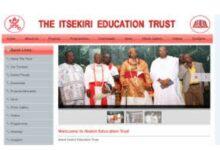


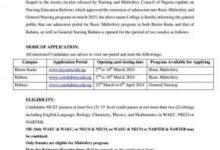
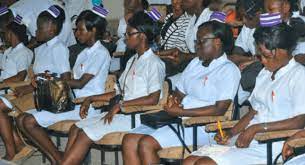
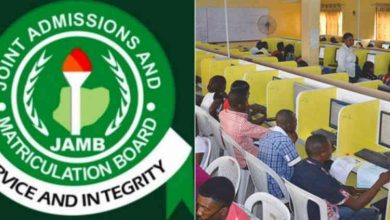
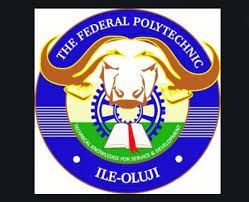
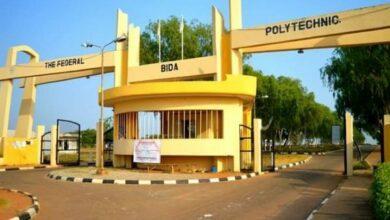
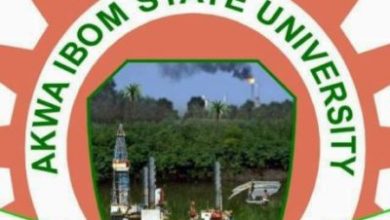
Thanks for your informations. Am really grateful.